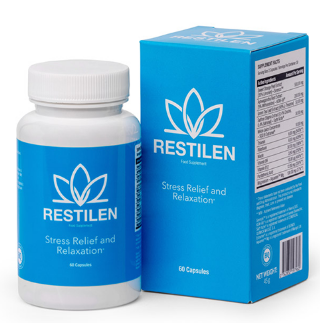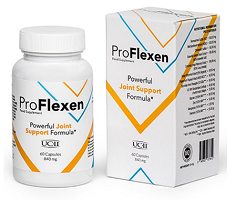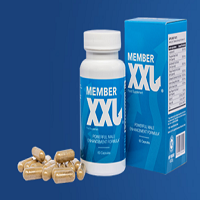Natural Acne Remedies: Botanicals, Probiotics, and DIY Routines That Work
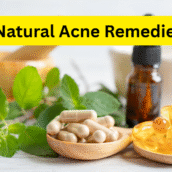
Introduction
In an era where consumers are increasingly wary of harsh chemicals, natural acne remedies are gaining serious traction. While severe acne may require medical treatment, many mild to moderate cases can be effectively managed with plant-based actives, probiotics, and science-backed DIY routines.
This guide explores the best natural ingredients for acne, how they work, and how to incorporate them into your skincare regimen—without compromising results.
Why Try Natural Acne Treatments?
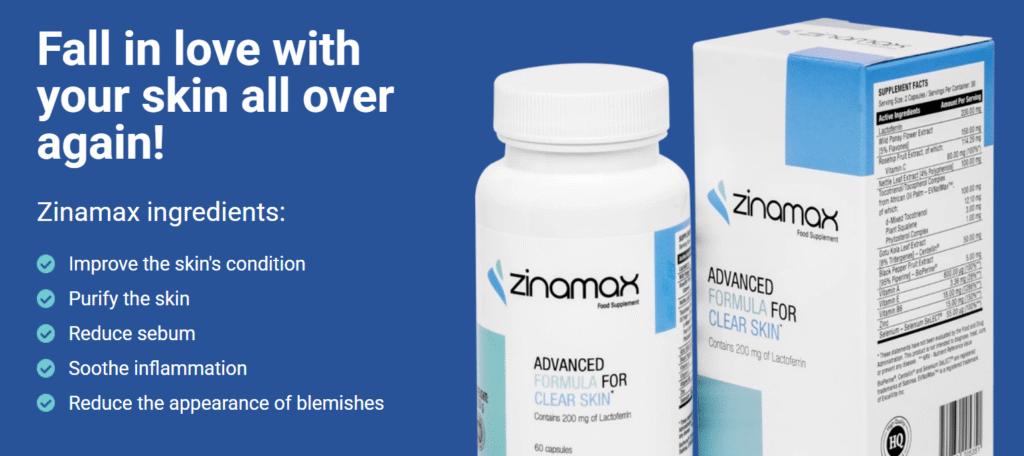
Conventional acne treatments (like benzoyl peroxide and retinoids) can be highly effective but often come with side effects like dryness, redness, and irritation. Natural alternatives offer a gentler approach, especially for sensitive skin, with benefits such as:
✅ Anti-inflammatory properties (reduces redness and swelling)
✅ Antibacterial effects (fights acne-causing bacteria)
✅ Balancing sebum production (regulates oil without over-drying)
✅ Fewer side effects (ideal for long-term use)
Note: Natural doesn’t always mean “better”—some ingredients can still irritate. Always patch-test first!
Top 5 Botanicals for Acne (Backed by Science)
1. Tea Tree Oil (Melaleuca alternifolia)
🔹 How It Works: Contains terpinen-4-ol, a potent antimicrobial that kills P. acnes bacteria .
🔹 Best For: Inflamed, red pimples.
🔹 How to Use:
- Dilute 1–2 drops in a carrier oil (jojoba, squalane) and apply as a spot treatment.
- Or, use a pre-formulated 5% tea tree serum.
Study: A 5% tea tree oil gel was as effective as 5% benzoyl peroxide but with less irritation .
2. Green Tea Extract (Camellia sinensis)
🔹 How It Works: Rich in EGCG, a polyphenol that reduces sebum and inflammation .
🔹 Best For: Oily, acne-prone skin.
🔹 How to Use:
- Apply cooled green tea as a toner.
- Look for serums with 2–5% green tea extract.
3. Turmeric (Curcuma longa)
🔹 How It Works: Curcumin has strong anti-inflammatory and antibacterial effects .
🔹 Best For: Cystic acne and post-breakout redness.
🔹 How to Use:
- Mix ½ tsp turmeric + 1 tsp honey for a calming mask (10 min, then rinse).
- Try a turmeric-infused face oil.
4. Aloe Vera
🔹 How It Works: Soothes irritation, speeds healing, and contains salicylic acid .
🔹 Best For: Sensitive skin with acne.
🔹 How to Use:
- Apply pure aloe gel as a moisturizer.
- Mix with tea tree oil for a spot treatment.
5. Witch Hazel (Hamamelis virginiana)
🔹 How It Works: A natural astringent that reduces oil and inflammation .
🔹 Best For: Oily, combination skin.
🔹 How to Use:
- Apply alcohol-free witch hazel as a toner.
- Avoid if you have dry or sensitive skin (can be drying).
Probiotics for Acne: Gut-Skin Connection
Research shows that gut health directly impacts acne—imbalances in gut bacteria (dysbiosis) can trigger inflammation and breakouts .
Best Probiotic Strategies for Clear Skin
✔ Oral Probiotics: Strains like Lactobacillus rhamnosus and Bifidobacterium reduce acne severity .
✔ Fermented Foods: Yogurt, kefir, kimchi, and sauerkraut support microbiome balance.
✔ Topical Probiotics: Skincare with Lactobacillus can strengthen the skin barrier and reduce acne bacteria .
Tip: Pair probiotics with prebiotics (like oats and bananas) for better results.
DIY Natural Acne Routines That Actually Work
1. Honey & Cinnamon Mask (Antibacterial + Soothing)
- Mix: 1 tbsp raw honey + ½ tsp cinnamon.
- Apply: Leave on for 10–15 min, then rinse.
- Why It Works: Honey is antimicrobial, while cinnamon improves circulation .
2. Oatmeal & Yogurt Exfoliator (Gentle + Hydrating)
- Mix: 1 tbsp ground oats + 1 tbsp plain yogurt.
- Apply: Gently massage, then rinse after 5–10 min.
- Why It Works: Oats calm inflammation, yogurt contains lactic acid .
3. Apple Cider Vinegar Toner (pH-Balancing)
- Mix: 1 part ACV + 3 parts water.
- Apply: Swipe on with a cotton pad (avoid if sensitive).
- Why It Works: ACV balances skin’s pH and has mild exfoliating properties .
Natural Doesn’t Always Mean Safe: Precautions
⚠ Patch-test new ingredients to avoid allergic reactions.
⚠ Avoid undiluted essential oils (can cause burns).
⚠ Don’t over-exfoliate (stick to 1–2 DIY treatments per week).
⚠ See a dermatologist if acne worsens or scars.
When to Choose Medical Treatments Instead
While natural remedies can help mild acne, moderate to severe cases may need:
- Retinoids (like Differin)
- Prescription antibiotics (oral or topical)
- Hormonal treatments (spironolactone, birth control)
Final Verdict: Do Natural Acne Remedies Work?
Yes—but manage expectations. Botanical actives and probiotics can reduce mild acne and support skin health, but they’re not miracle cures. For best results:
- Be consistent (natural treatments take 4–8 weeks to show effects).
- Combine approaches (e.g., tea tree oil + probiotics).
- Adjust diet and lifestyle (sugar and stress worsen acne).
FAQ
Q: Can coconut oil treat acne?
A: No—it’s highly comedogenic and can clog pores . Try jojoba or squalane instead.
Q: How long does it take for probiotics to clear acne?
A: Typically 6–12 weeks of consistent use .
Q: Is natural acne treatment better than benzoyl peroxide?
A: For sensitive skin, yes. For severe acne, BP may be more effective .
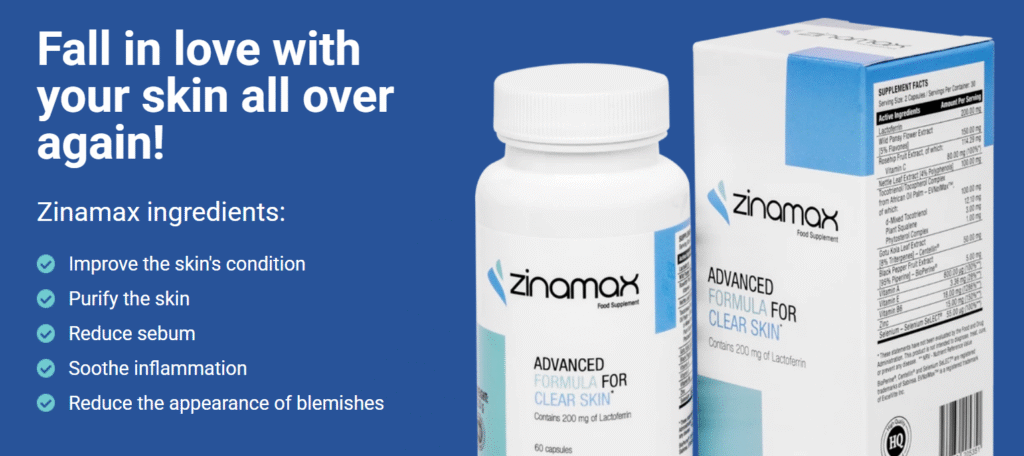
Recent Posts
- 5 Silent Signs of High Blood Pressure You Shouldn’t Ignore in 2025
- 5 Everyday Foods That Naturally Detox Your Liver (Backed by Science in 2025)
- Preventive Eye Care: 5 Essential Habits to Protect Your Vision in 2025
- The Sleep-Weight Connection: Fixing Insomnia to Lose Belly Fat
- The 30-Day Protein Reset: How to Use High-Protein Meals to Curb Cravings













